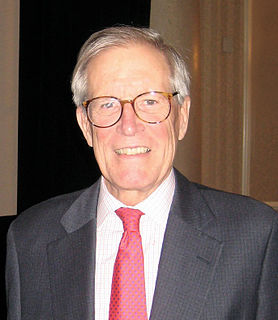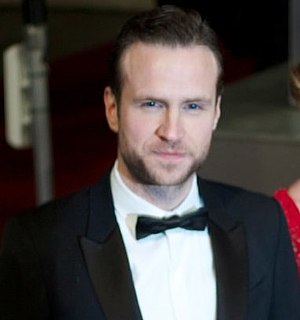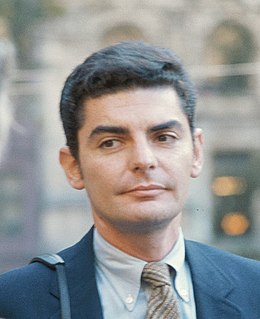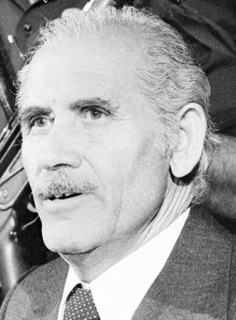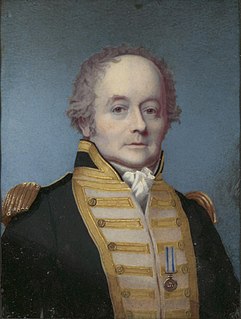A Quote by Ayana Mathis
There were class differences among black people then and there are class differences among black people now. There is still an assumption among many people in American society that being black is its own class, a blanket class. That, I believe, is an erroneous and deeply offensive view.
Related Quotes
There is still an assumption among many people that to be black is to be lower class. In the last fifteen to twenty years, perhaps even further back than that, there's also been an explosion of a very wealthy black class in the United States, but those people are often treated as special cases: they're athletes, entertainers. Jay-Z. Basketball players. The country metabolizes the fact these rich black people exist, but it seems only to reinforce the idea that every other black person is limping along in poverty.
There is a forgotten black middle class in America - a group which is huge but underrepresented in the media and in art. It's difficult to talk about these things, because it forces one to talk in generalities, but that's my view. I do think the idea of a blanket class for black people is unfortunately still present.
Actually we've had a black bourgeoisie or the makings of a black bourgeoisie for many more decades.In a sense the quest for the emancipation of black people in the US has always been a quest for economic liberation which means to a certain extent that the rise of black middle class would be inevitable. What I think is different today is the lack of political connection between the black middle class and the increasing numbers of black people who are more impoverished than ever before.
The historical basis for the gap between the black middle class and underclass shows that ending discrimination, by itself, would not eradicate black poverty and dysfunction. We also need intervention to promulgate a middle-class ethic of success among the poor, while expanding opportunities for economic betterment.
The beauty of the literary art, the grappling with the black church, the wrestling with one's identity in the bosom of a complicated black community that was both bulwark to the larger white society as well as a threshing ground, so to speak, to hash out the differences that black people have among ourselves.
In Britain, we need to start presenting the option of being a writer in front of black women. We need to present the idea of being a writer into poorer communities because the majority of black people in this country are working class. We need to let working-class people know that their voices are important.
I think one of the main differences between being an English actor and being an American actor is that we have things like the class system in England.I'm middle class. But I've got what some people might consider to be a working-class accent, so you've got those sorts of elements in this country to consider, which, in America, exist, but not necessarily in the same way.
Black people's music is in a class by itself and always has been. There's nothing like it. The reason for that is because it was not tampered with by white people. It was not on the media. It was not anywhere except where black people were. And it is one of the art forms in which black people decided what is good in it. Nobody told them. What surfaced and what floated to the top, were the giants and the best.
There should be a class on drugs. There should be a class on sex education-a real sex education class-not just pictures and diaphragms and 'un-logical' terms and things like that.....there should be a class on scams, there should be a class on religious cults, there should be a class on police brutality, there should be a class on apartheid, there should be a class on racism in America, there should be a class on why people are hungry, but there are not, there are classes on gym, physical education, let's learn volleyball.
But for poor black people and working-class black people, it is a much more difficult way to go. The over-incarceration of black people is just intolerable. When you look at the disparity in terms of education and access to fair schooling, it is horrible. If this would happen to white people in this country, it would not be tolerated.




